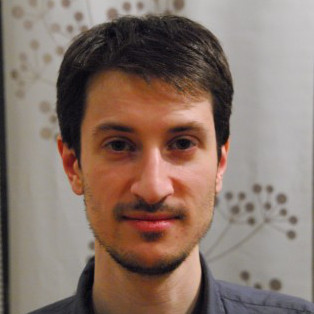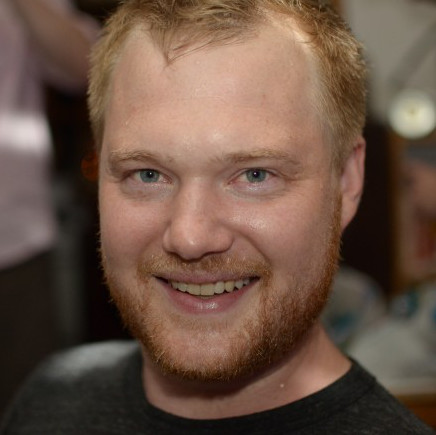Julia: A Workshop



Jeff Bezanson, Stefan Karpinski & Viral B Shah
This workshop will be conducted by the core developers of Julia most notably Jeff Bezanson, Stefan Karpinski and Viral B Shah
Objective
Participants of this workshop will learn about the features of the Julia language, its package ecosystem and how to build scalable real-time data-intensive applications in a series of hands-on learning sessions.
Description
Julia is a high-level, high-performance dynamic language, it uses just-in-time compilation to provide fast machine code - dynamic code runs close to the speed of C, and orders of magnitude faster than traditional numerical computing tools.
This workshop will be divided into 4 parts:
1. Analytics and data science with Julia We will demonstrate an end-to-end example of a data analysis workflow, from downloading publicly available data to loading data into Julia, creating summaries and answering business questions using visualization. You will also learn how to create interactive UIs to play with ideas at the speed of thought and eventually deploy user-facing applications entirely in Julia without writing any JavaScript.
2. Julia language constructs A complete overview of the Julia language, which includes concepts such as functions, standard library, types, multiple-dispatch, macros, introspection, modules, packaging and a brief look at the language infrastructure.
3. Working with big data and parallel computing What would you do with a thousand processors? In this session we will explore the parallel computing capabilities of Julia, integration with Hadoop file system tools for setting up data processing pipelines.
4. Pair-programming: build your own Julia application In this session you will pair up with a teammate to build a simple application (e.g. a recommendation engine) and deploy it as an auto-scaling REST application on JuliaBox or locally.
Requirements
Install Julia: http://julialang.org/downloads/
It is recommended that if you use Windows, you install the Juno IDE
- October 10, 2015
- 9:15 AM to 6 PM
- Read workshop proposal
Workshop Venues
The Energy and Research Institute (TERI)
4th Main Rd, Domlur II Stage,
Domlur, Bangalore,
Karnataka 560008, India
TERI